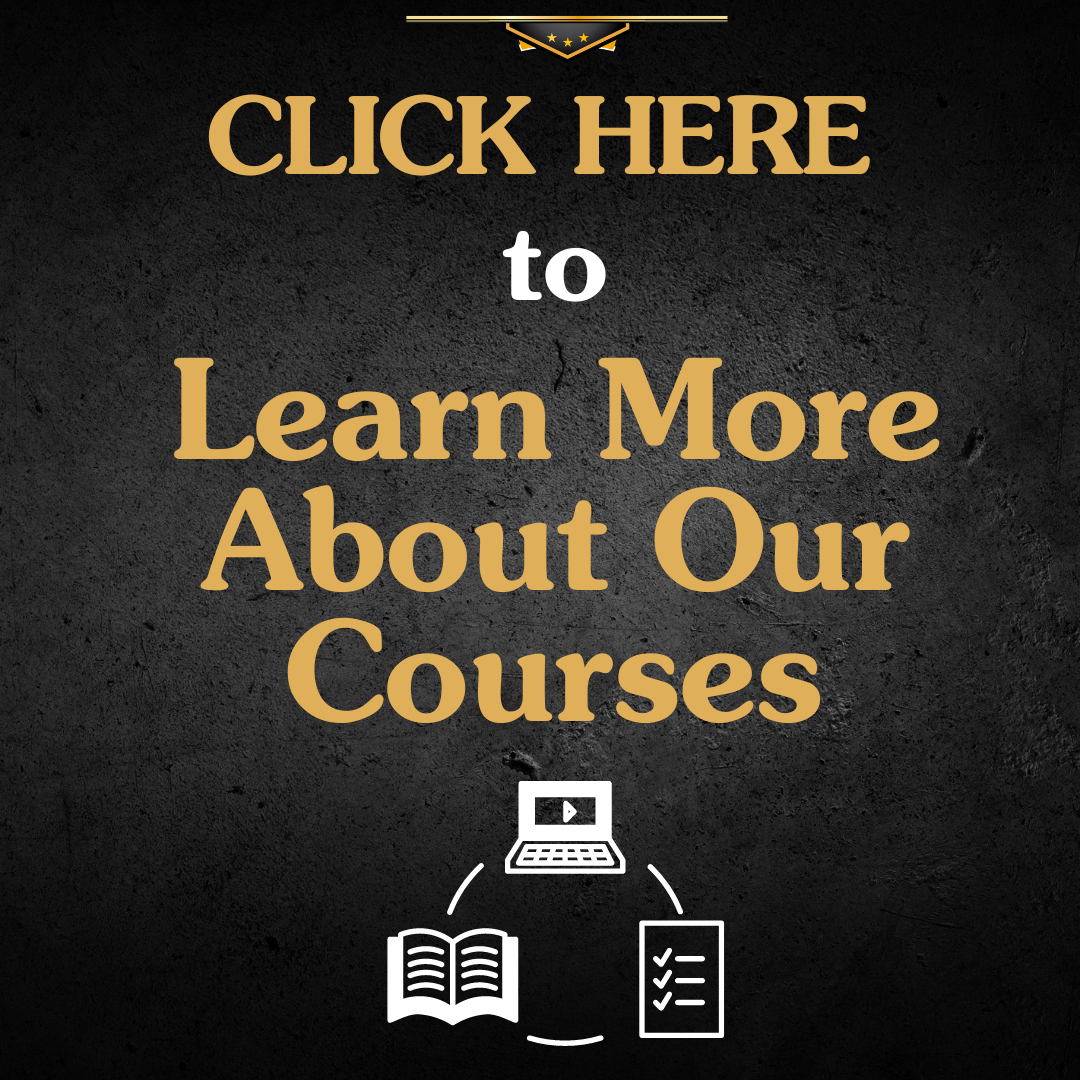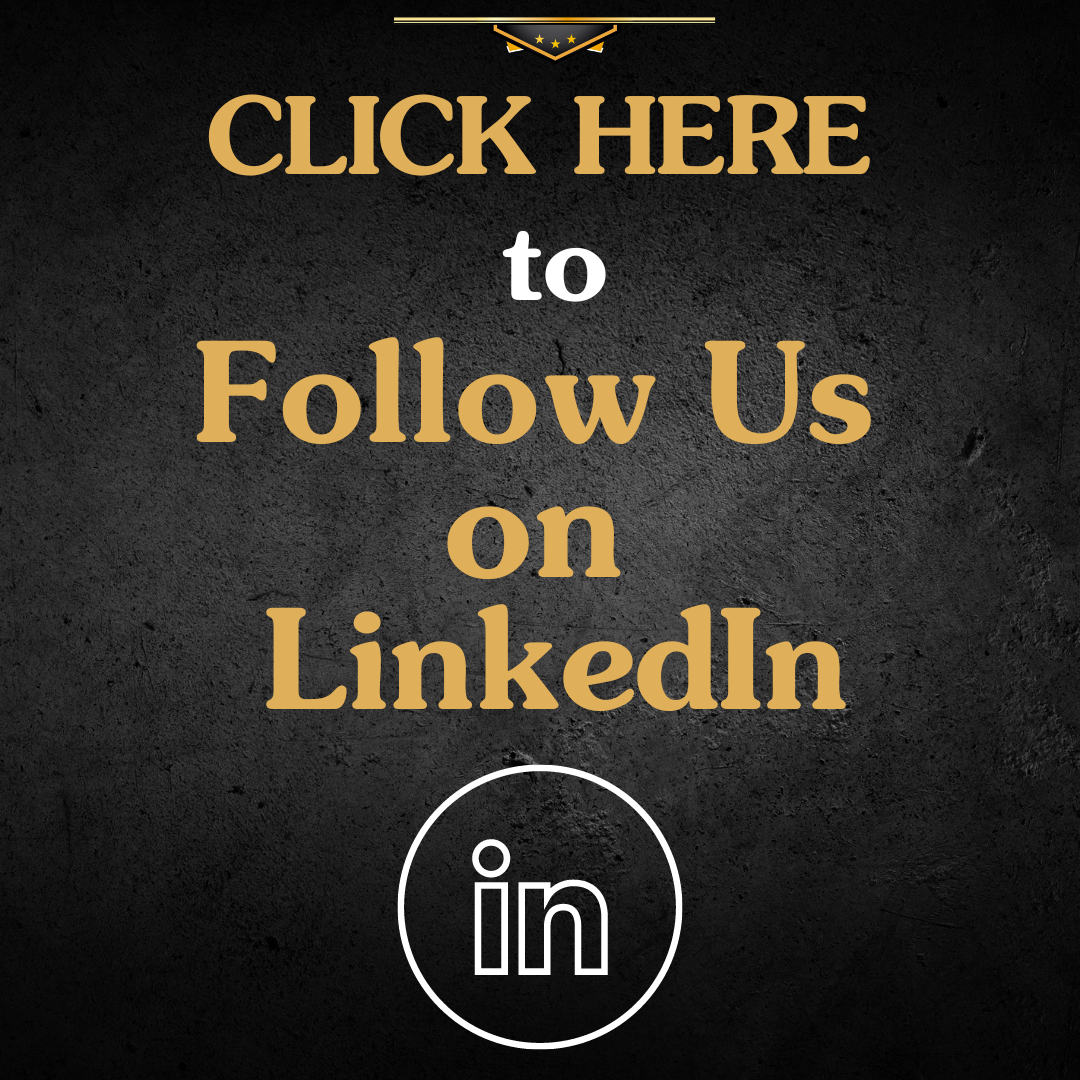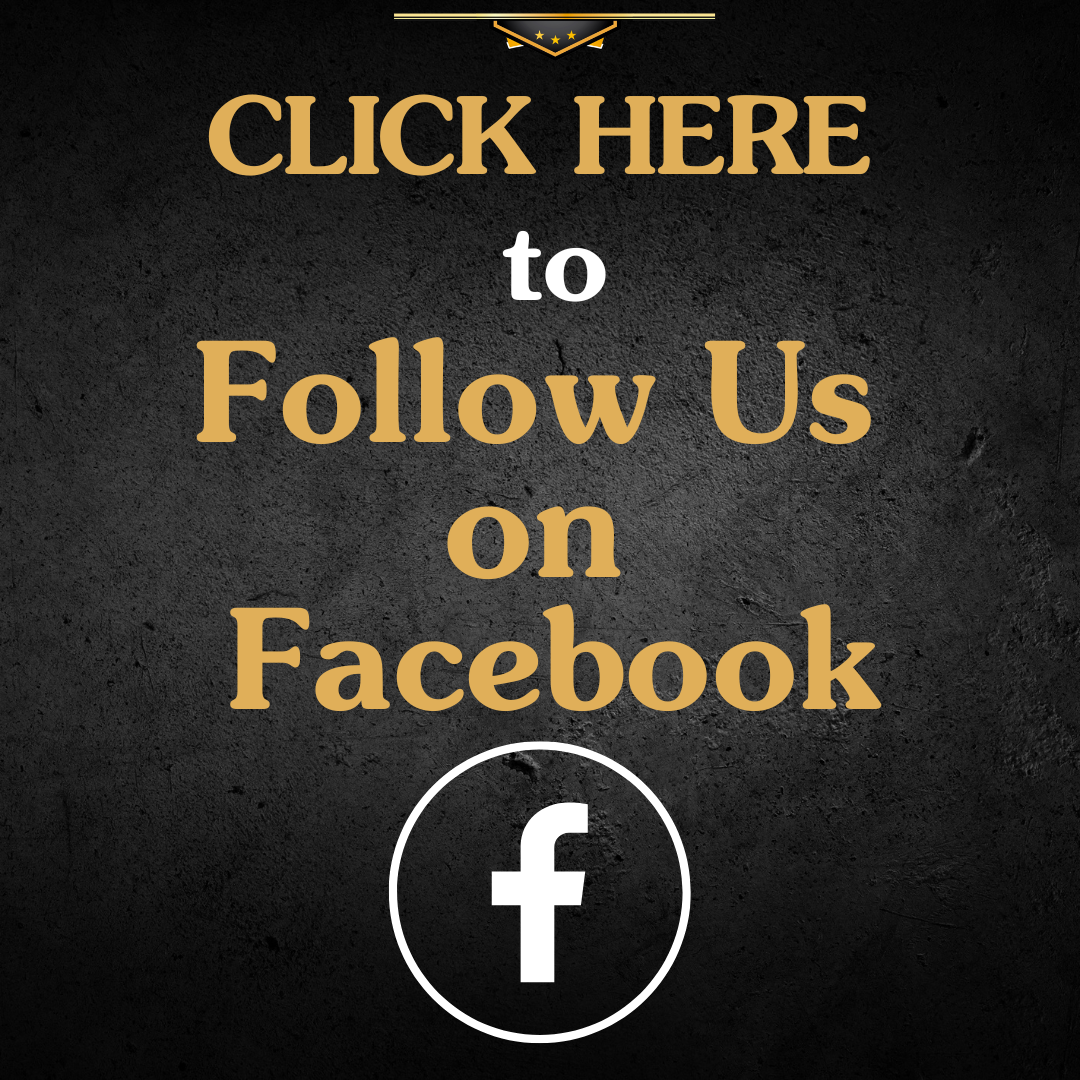5 Public Speaking Tips That Will Transform the Opening of Any Message
When you open a presentation to almost any audience you want to connect with, you must do it quickly and effectively. You have wisdom, information, and insights to share as a business owner, entrepreneur, coach, or leader. The five speaking skills you will learn in this message can be a game changer for you, especially in the first few minutes and with just one word. When you open with clarity and impact, you will grab and then hold your audience's attention, plus you will feel more connected to your audience because you used the one word that draws them in.
OK, you say that sounds great. Now, what are the five tips you can use to open any message, presentation, talk, or speech?
You just read them! Yes, in the first paragraph are the five tips that will help your listeners connect to your message. Each of the tips is a little thing, yet the result is huge when you use all five because you will find that your audience is moving with you, and you do not have to drag them into your presentation. They are not only with you; they are connected to you and your message. Now let's expand and examine each one and how it can become a powerful tool for you in your next presentation.
1: Make your first 30 to 60 seconds about your audience, not about you.
When you hear an ordinary speaker open, it sounds something like this:
I am so excited to share these ideas.
I am honored to be here as a speaker.
I have been looking forward to this event for a long time.
NO!!! Those are all about the speaker. How do you make your opening about your audience? There are no pronouns such as I, me, my, or mine. Instead, the introduction uses you, you'll, your, and yours. The most frequently used word in the English language is the one-letter word, I, but when it comes to crafting your opening message, leave I out of your vocabulary.
Look at the last few emails you wrote and count how many times you said I versus how many times you said you in those first few sentences or paragraphs. If you have a lot of I's, that is normal. But you are not normal, and you are not ordinary. You want to be extraordinary and can do that when your opening is about them, not you.
If you were in an audience listening to a talk on how to be an even better speaker, you would notice that the opening is all about you. Let's pretend your group is in the medical field:
Thank you, Roxanne, for that introduction. (Pause) Congratulations, you made a wise decision to invest your time in picking up five speaking tips you can use in your opening to help you be an even better speaker and communicator.
As doctors, healthcare practitioners, and nurses, you know how important it is to be crystal clear in your communications and make sure what you say is impossible to be misunderstood by your patients and their loved ones. In your work, it could be the difference between life and death.
Do you see how that opening was all about them? Try this for your next presentation.
2: Identify your audience, so they clearly understand you know who they are.
Think back to when you sat in an audience and heard a speaker giving a canned talk. Did you feel that they were talking directly to you? Or were they talking to the universe, hoping the message hit home? By naming your audience a few seconds into your opening, you ensure they will know you are talking to them.
If you are not 100% sure who is in your audience, ask your host or the person in charge. Or, if it is a general audience, such as a podcast, webinar, or educational seminar, you can aim your message at your ideal audience, the group you want to attract and reach. Almost anybody could read this blog, but everything you are reading is aimed at my ideal audience member. Hopefully, that is you! And who are you?
You are successful.
You communicate and speak about your product, service, or business.
You want to be an even better speaker and communicator.
You are looking for even better results every time you speak or communicate to your existing customers, clients, or potential clients.
Plus, you might have a very important presentation coming up that you want to ensure gets you maximum results.
Now, what if your audience did everything you suggested and put your call to action into action? What would be their result? Tips three and four are all about making this happen.
3: Be crystal clear about what your message will do for your audience.
So often, ordinary speakers assume their audience knows the benefits they will receive from the ideas that the speaker is talking about. Unfortunately, this is simply not the case.
To be an extraordinary communicator and speaker, accept the responsibility to present the benefits your audience will get from the ideas you will share.
It is much like selling. The ordinary salesperson sells features; they sell what something HAS or IS. Extraordinary sales professionals sell the benefit of what it DOES for the person using the product or service. There is a huge difference.
Suppose you were talking about being fit and healthy. The features would be the specific ideas in your message about what the listener should eat, how they should exercise, or what their mindset should be. Instead, you should discuss what those things or actions DO for your audience. Saying things such as, "Imagine the feeling of waking up and looking at yourself in the mirror knowing you are in the best shape of your life. That is what these ideas can do for you, the confidence it will give you, and the energy you will have." That is the difference between features and benefits.
Now suppose you are in the financial services industry and discussing retirement planning. In that case, you are most likely covering topics such as reducing taxes, when your listeners should take Social Security, and how they should manage their 401k plan. All these technical features are important to know and will be very helpful to your audience. Yet, make sure you explain that when they do all these things, they will sleep soundly at night, knowing that they will not run out of money and will never become a financial burden to their family. That is the benefit, and that will make you an extraordinary speaker focusing on what is in it for them.
When you do this, you will feel your connection to your audience increase. See what just happened? That is the BENEFIT of this tip #3 for you! Be crystal clear about what your message will DO for your audience.
4: Be sure your audience knows the end result you will share.
Imagine a financial advisor doing an educational message on retirement planning. They could say in those first few minutes of their opening: In this discussion, you will know the five most important things you need to do before entering your life's retirement stage and the three biggest mistakes retirees make once they retire. When you put these ideas, techniques, strategies, and suggestions into action, you will never be a financial burden to your loved ones and will not outlive your money. Plus, you will sleep soundly at night knowing your financial house is in order and protected.
Can you see how compelling your opening can be just in those first few minutes when you are clear about your message and the result your audience will receive?
5: Entice your audience with an intriguing promise and hook them so they stay with you until the very end of your message.
Here is where you say something about what is coming up later in your message that sounds intriguing and will hook them to want to stay and hear your entire message. For example, tip number five in this message has one word that will draw your audience in. What is that one word? You know by now the power of the word “you.” It is the power word you can use to connect your ideas, your message, and your call to action from your audience. The results can be amazing.
A client recently asked me to help him with his personal story and how he could make it even more impactful. The one suggestion I offered him was to use the word you and replace many of the I's in his story. The result was a game changer.
In his email of thanks to me, he said this: "Joel, after telling that story for over 30 years, I added the "you factor" in a way I had never done before. As a result, I felt the kind of connection and reaction was unlike anything I had received before; it was amazing. Thank you so much for such a simple idea that got such great results."
You, too, can achieve that same feeling of even greater connection with your audience when you use all five of these tips in your opening. So get started putting them into action and MAKE it a great day!





